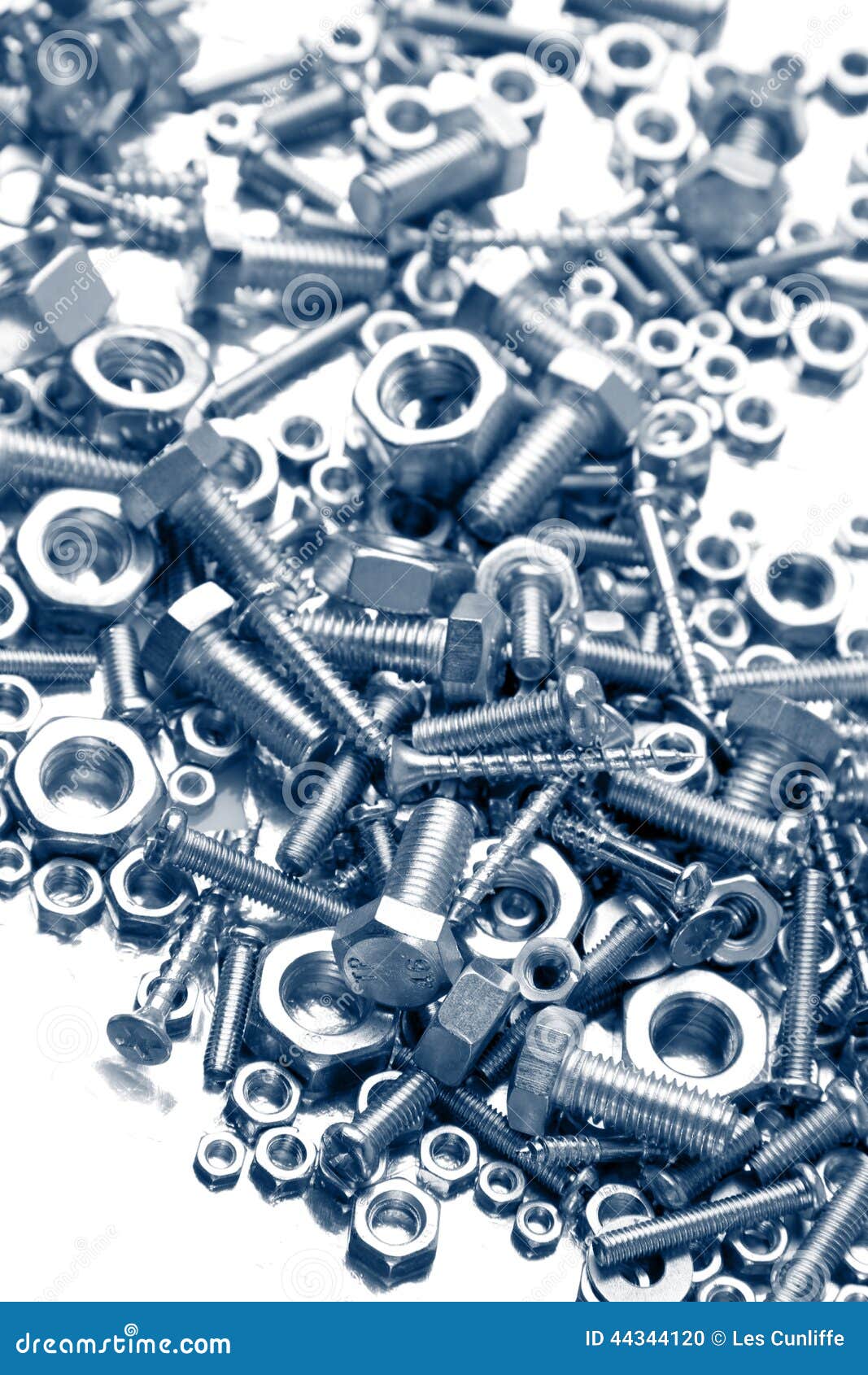What to Look for When Acquiring Nuts and Bolts

Regarding construction, auto repairs, and DIY projects, the value of picking the appropriate hardware cannot be overstated. These seemingly simple fasteners are essential in maintaining the security and protection of your projects, whether you are building a deck, repairing a vehicle, or tackling a DIY home renovation. However, with https://rentry.co/o6cym89a of selections available, understanding what to look for when selecting fasteners is important for achieving the optimal outcomes.
This comprehensive guide aims to provide you with a thorough overview of various kinds of fasteners, along with tips on how to choose the appropriate fastening solution for your particular requirements. From the widely used categories of bolts to the myriad materials and coatings available, we will explore the considerations that contribute to your selection of nuts and bolts. Whether you’re a seasoned builder or a hobbyist, arming yourself with this knowledge will assist you in making reasonable decisions and promote the effectiveness of your projects.
Grasping Nuts and Bolts
Nuts and bolts are crucial hardware that hold materials together, forming the backbone of countless construction and repair projects. They are available in different shapes, dimensions, and materials, each made to meet particular needs. The fundamental principle behind nuts and bolts lies in their ability to create a secure connection by using the grooved shaft of a bolt, which is paired with a corresponding nut that can be tightened or loosened as needed.
Different types of nuts and bolts serve specific purposes. For example, hex bolts are frequently used in robust applications due to their strength, while smooth bolts are ideal for projects requiring a polished finish. In contrast, lag bolts are popular for fastening wood, notably in construction. Grasping these differences is crucial for choosing the right fastener for a project, guaranteeing safety and longevity in the final construction.
Moreover, materials and coatings play a crucial role in the functionality of nuts and bolts. Steel is the primary material, but options like brass and titanium are available for specialized applications. Rust-resistant finishes, such as galvanized coatings, can extend the lifespan of fasteners in exterior or high-moisture environments. By knowing the types and features of fasteners, consumers can make educated choices to boost the standard and durability of their projects.
Materials and Coatings

When selecting nuts and bolts, the substances they are made from play a critical role in determining their performance and durability. Steel is the most widely used material due to its strength and versatility. However, there are different types of steel, including carbon-based steel and alloy steel, each suited for specific applications. For environments that require protection to rust and corrosion, corrosion-resistant steel is an outstanding option, offering durability and longevity even in extreme conditions.
Finishes are also important as they can improve the performance of nuts and bolts. Zinc coating is a popular choice as it provides a layer of protection against corrosion while keeping a clean appearance. Galvanizing, a more robust coating, involves immersing steel parts in liquid zinc, offering greater resistance to the elements. For specialized uses, such as in marine environments, a coating that can withstand saltwater corrosion is essential, making materials like bronze or coatings specifically designed for marine use significant considerations.
Understanding the differences in materials and their coatings can help you choose the right fasteners for your project. For instance, while titanium fasteners are light and corrosion-resistant, they can be significantly more expensive than their metal counterparts. Choosing the right substance and coating not only guarantees the integrity of the assembly but also optimizes the cost-effectiveness and longevity of your project.
Purchasing Tips and Evaluations
When purchasing nuts and bolts, understanding the various kinds and their uses is important. Start by determining whether you need metric system or imperial system fasteners. Both measuring systems are widely used, but selecting the right one is key for matching with your projects. Additionally, get acquainted with specific bolt grades and specifications, as these affect the strength and suitability for various applications, from heavy-duty construction to everyday tasks.
Next, consider the materials and finishes of the fasteners. Stainless steel bolts are often perfect for outdoor use due to their ability to resist corrosion, while zinc-plated options may be suitable for indoor projects. If your application requires a specialized coating for additional strength and longevity, explore choices like galvanization or specialty coatings. Evaluate the environmental conditions the fasteners will face, as this can greatly affect their performance and lifespan.
Lastly, keep a list handy while purchasing nuts and bolts. Measure the dimensions precisely, review compatibility with other components in your task, and ensure that the nuts fit securely to the bolts. A diverse selection of options might lead to uncertainty, but sticking to your project requirements and knowing the differences in thread types, lock nuts, and custom fasteners will help you make informed decisions at all times.
